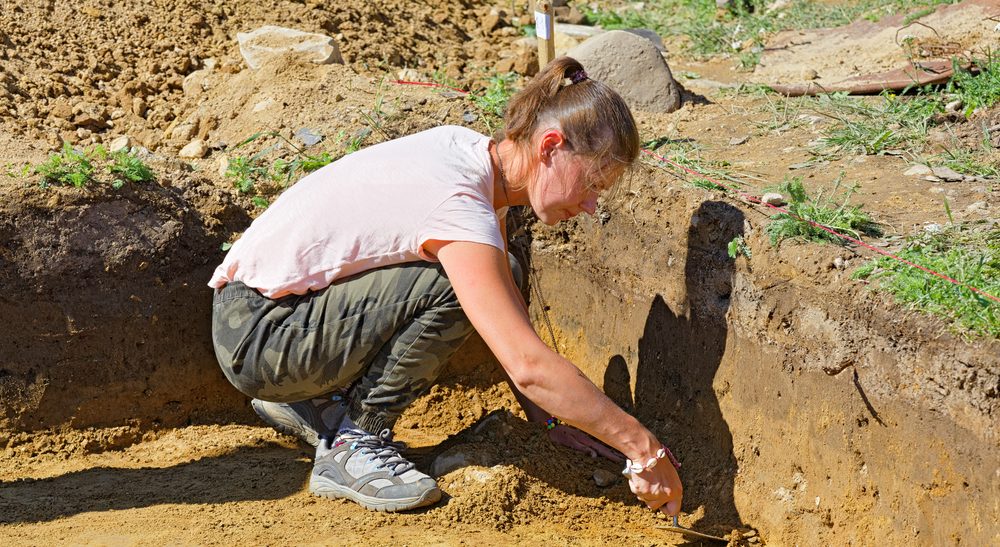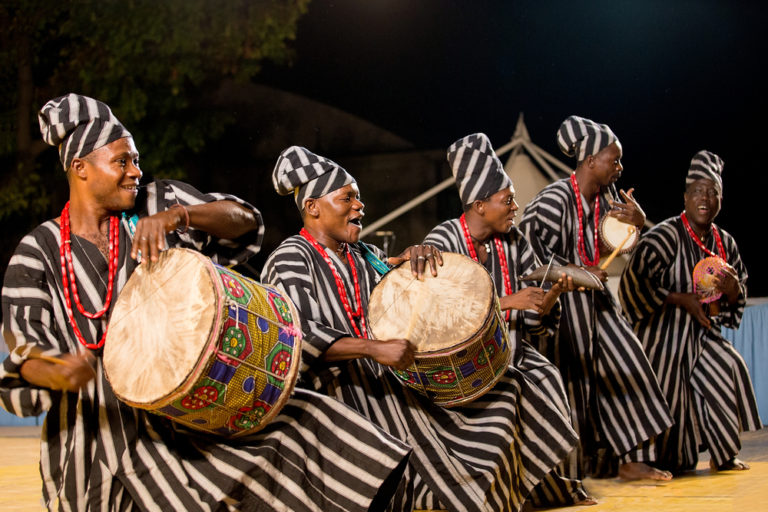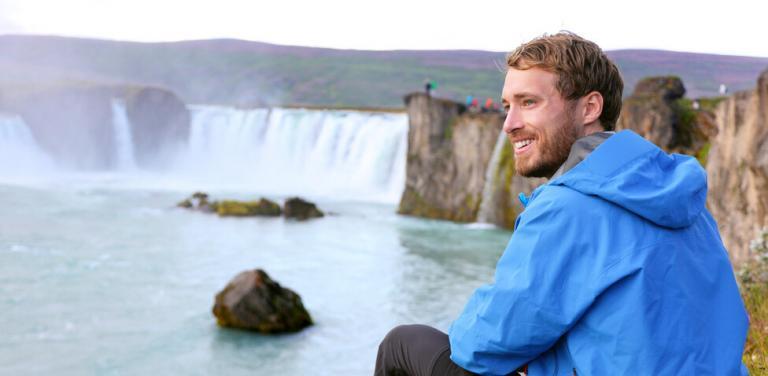Archaeologists examine ancient remains of human habitation, soil and various artifacts in order to create a clearer view of generations lived and worked. The work involves excavation and registration of archeological remains as well as writing and dissemination. Archaeologists’ research has focused on ruins, tombs, human remains, rubbish dumps, tools, weapons, and jewelry in order to provide clues and information on the practical knowledge, trade, religion, health, diet and social status of the inhabitants of the past.
As an archaeologist, you could work on a variety of projects; performing on-site work such as excavation and registration, or indoor work such as interpreting, processing, teaching or disseminating research results.









